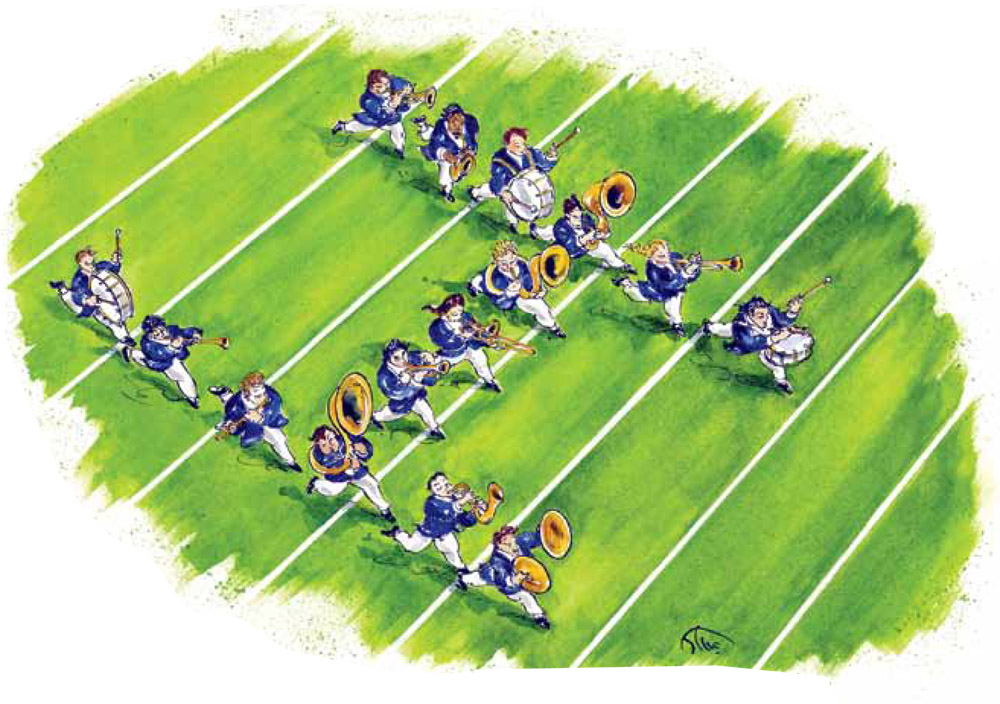Learn to give thanks: this is the best you can give to others and the best way to develop “useful social connections”
- Transfer
An interesting article in which the author (with a doctoral degree in MBA, by the way; from Harvard Business School) argues and convincingly proves that the best way to develop a so-called. “Useful social connections” - focus on giving and not taking . In addition, it turns out that each of us has something to give to others. At all, without exception. And the best that we can give is sincere thanks. The idea seems to be simple, but it seems precisely because of this simplicity, we just tend to neglect gratitude.

When the network of your dating relies on common interests - it is more natural, more personal, it has more meaning. Even if you are diverging interests with someone, you may find something valuable in connection with it if you try to take your reasoning beyond the limits of obvious views. Of course, this is not always easy, but worth it.
People who feel powerless because they are “younger in their organizations”, because they “belong to a minority” or for other reasons — they often think that they are too small to give. Consequently, they are the rarest among those who decide to develop a network of their acquaintances. However, it is precisely to these people that the development of social connections would be most beneficial.
On the other hand, more mature members of the organization are more readily working on their dating network. Because when people believe that they have something to offer others (wise advice, mentoring, access to resources), communication becomes simpler and less selfish.
However, even those who occupy a minor position and have little influence - almost certainly have more opportunities than they imagine. Most people tend to think too narrowly about the resources at their disposal; and how important these resources are in the eyes of other people. They focus on material, object-oriented things, while ignoring less obvious assets, such as gratitude, recognition, good reputation.
After all, although mentors usually like to help others, they tend to do it even more when they are thanked for their help. The more cordial gratitude, the more valuable it is for its recipient.
Living example. A thirty-year-old girl who has achieved significant success in her career decided to write letters of thanks in her jubilee to the thirty people who contributed most to her professional growth. She thanked everyone, emphasizing what kind of contribution he made to her professional success. The recipients, of course, highly appreciated the personal appeal and recognition of their significance.
When gratitude for the advice is expressed publicly, it can also enhance the reputation of the adviser in the workplace. Think about the effect you achieve - chanting praise to your boss, your colleagues; listing specific points for which you are grateful.
Among other things, people also value those who understand their values and understand them as an individual — this makes them feel included. You may also have unique ideas or knowledge that may be useful to those with whom you work.
When building social connections you think more about what you can give to others, you will have a subjectively positive feeling that you do not do self-promotion, but selfless help. As a result, you will have an inner conviction that to devote time to the development of your social connections is a worthy occupation.
Francesca Gino, DBA (Harvard). Learn to Love Networking // Harvard Business Review. 94(5), 2016. pp. 104-107.
